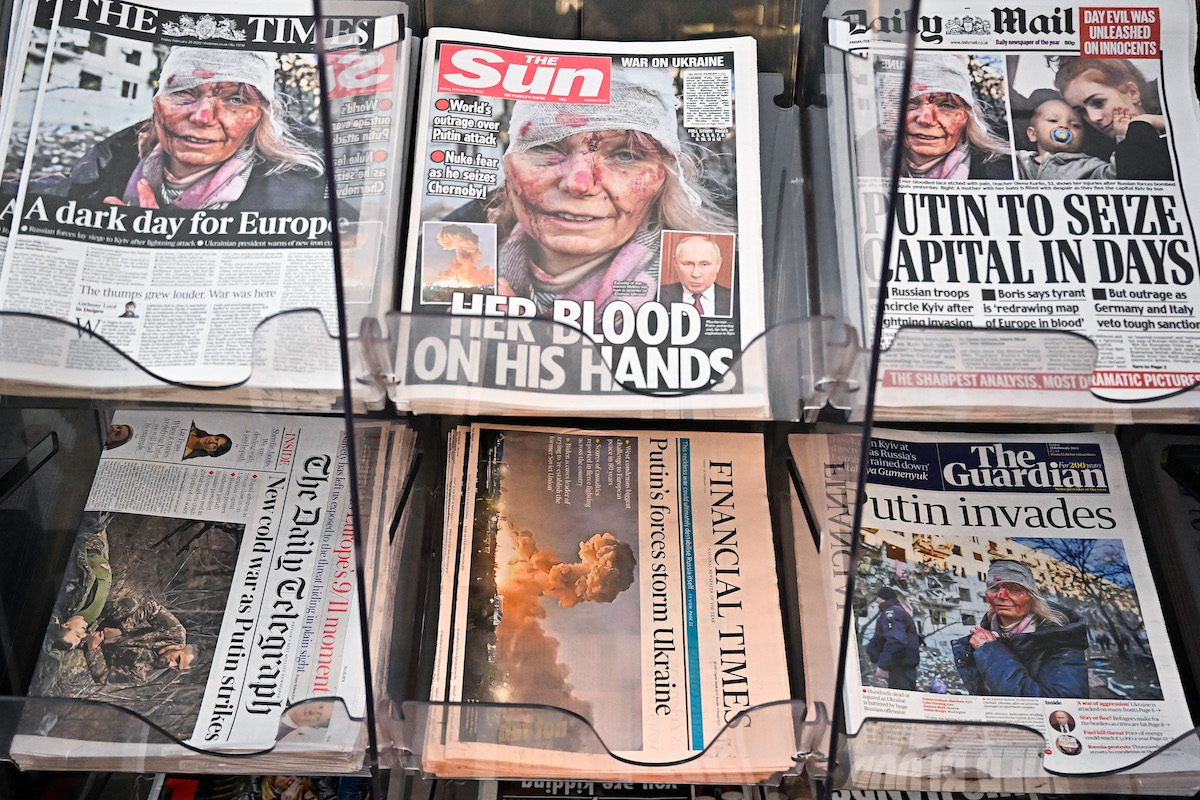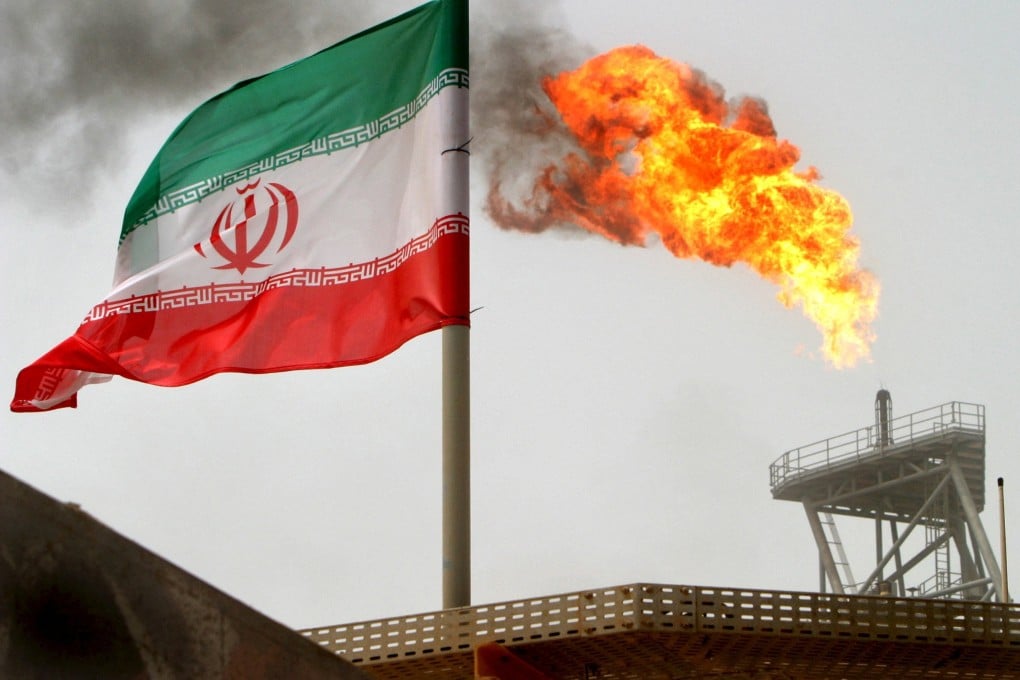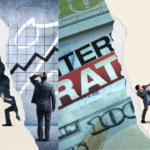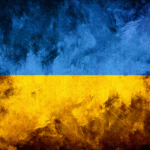The global economy faces a new challenge: economic sanctions. These sanctions are reshaping the world economy, creating a modern new cold war.
Countries use these tools to influence others without military force. Economic sanctions have become key in global politics. They impact trade, finance, and international relations. Countries use sanctions to pressure others to change policies. This affects businesses, governments, and everyday people.
The world economy is now more divided. Some nations align with sanction-imposing countries, while others resist. This division creates new alliances and rivalries. Understanding these shifts is crucial. Businesses and governments must adapt to survive. How these changes unfold will shape the future of global trade.
Origins Of The New Cold War
The Cold War ended decades ago. Today, tensions are rising again. Sanctions are now tools of power. Countries use them for control. Economies are reshaped by these actions. Trade is affected deeply. Some nations face hardship. Others find new markets. Allies change, partnerships shift. History repeats in new ways. The global stage is set for change.
Nations clash over resources. Technology plays a big role. Cyber threats are common. Military moves are strategic. Borders become points of conflict. Diplomacy struggles to keep peace. Economies are impacted by these tensions. Sanctions make things harder. International relations are complex now. People everywhere feel the effects.

Sanctions As A Political Tool
Sanctions are rules against countries. They block trade or money. Economic sanctions stop buying or selling goods. Trade sanctions limit imports and exports. Financial sanctions freeze bank accounts and assets. Travel sanctions ban travel to certain places. Each type hurts a country’s economy in different ways.
Sanctions are powerful but not always successful. They can make leaders change actions. Some countries find ways to avoid sanctions. People in affected countries may suffer. Economic pain often hits regular citizens hard. Sanctions can unite people against outsiders. Sometimes, they create more problems than they solve.
Impact On Global Trade
Supply chains are paths goods take to reach you. Sanctions are like roadblocks. They make these paths longer and harder. Factories can’t get their parts. This slows down making things. Sometimes, items run out. This affects everyone, from big companies to small shops. Prices can go up. People may buy less. Everyone feels the change.
Countries put tariffs on goods. Tariffs are like extra costs. They make things cost more. This can start a trade war. One country raises costs, the other country does the same. This makes goods more expensive. People buy less from other countries. Trade slows down. It’s like a tug-of-war with money and goods.

Credit: www.middleeastmonitor.com
Economic Effects On Sanctioned Nations
Sanctions bring economic challenges. Countries face a recession. Businesses close. People lose jobs. Prices go up. This is called inflation. Goods become expensive. Families struggle. Saving money gets harder. Sanctioned nations find it tough. Their economic growth slows down. Foreign investments drop. Trade barriers rise. It’s a hard cycle. People feel the pressure. Daily life becomes difficult. The economy needs help.
Nations adapt. They show resilience. New ideas emerge. Innovation becomes key. Local industries grow. People find new ways. Creativity thrives. Governments support change. They encourage startups. Technology advances. Communities unite. They push for progress. Small victories matter. Every step counts. Challenges lead to growth. Sanctions teach lessons. Nations become stronger. They learn to survive. Overcome obstacles together.
Influence On Global Markets
Sanctions can make stock markets jumpy. Investors worry about their money. Prices can go up and down quickly. Sometimes, stocks drop because of fear. Other times, they rise with hope. Trade restrictions add to the mess. Companies affected by sanctions may lose value. This makes people sell their stocks. Some people see this as a chance to buy. They think prices might rise later. But, it’s risky. Nobody knows for sure what will happen. Sanctions change how people trade.
Sanctions can also affect money values. Currencies can become weaker. This happens when countries cannot trade freely. People might start buying other currencies. They think it is safer. Exchange rates can swing from these actions. Some countries might print more money. This can lead to inflation. Goods may cost more in the future. People might have less money to spend. Sanctions make financial planning tricky. They change how people see money.

Credit: www.scmp.com
Strategic Responses By Nations
Nations form alliances to support each other. They share resources and knowledge. This helps them face economic challenges. Some countries make new friends. Others strengthen old ties. Working together makes them stronger. It creates a safety net. This helps them survive sanctions.
Countries use diversification to spread economic risks. They look for different markets. They trade in various goods. This helps them stay stable. If one market fails, another can support them. They invest in technology. They try new industries. Such steps make their economy flexible and resilient.
Technological And Resource Shifts
Countries aim for energy independence now. They want to control their energy. This means less buying from other countries. They use their own resources more. Solar and wind power are popular choices. These are clean and renewable. Using less oil and gas is important. It helps reduce dependence on others. Energy independence can lead to economic stability. It also promotes a cleaner environment.
Nations compete in a tech race today. They want the best technology. New inventions are key to growth. Cybersecurity is a major concern. Protecting data is important for all countries. Hackers can steal or damage data. Strong security systems are needed. Nations invest in better protection. This keeps their information safe. Technology and security are linked closely.

Credit: www.ft.com
Future Prospects And Challenges
Sanctions can change how countries trade. Many nations might find new partners. This could lead to new markets. Some countries may struggle with economic growth. Others might grow stronger. Trade routes can also change. These changes can last for many years. Some businesses might close down. Others might flourish. People may need to learn new skills. This can be hard for many.
Leaders need to be careful. They must balance diplomacy and economics. Too many sanctions can hurt people. Too few might not work. Countries must talk to each other. They need to find common ground. Trade deals are important. They help keep the peace. Leaders must think about the future. They should plan for long-term goals. This can help everyone. Good choices can make the world better.
Frequently Asked Questions
How Did The Cold War Affect The Global Economy?
The Cold War spurred military spending and technological competition, boosting industries like defense and electronics. It shifted trade alliances, influencing global markets and economies. Economic policies in capitalist and communist countries diverged, impacting international trade and investment patterns. Developing countries often faced economic challenges due to geopolitical alignments.
How Sanctions On Russia Are Affecting The Global Economy?
Sanctions on Russia disrupt global trade and increase energy prices. They impact supply chains, causing inflation worldwide. Financial markets face volatility, affecting investments. Countries dependent on Russian exports experience economic challenges. Overall, sanctions contribute to uncertainty in the global economy, influencing growth and stability.
What Are Some Examples Of The Economic Sanctions Placed On Russia In Response To Its Invasion Of Ukraine?
Western countries imposed sanctions on Russia, including freezing assets, banning technology exports, and restricting banking transactions. Major corporations also suspended operations in Russia. These measures aim to weaken Russia’s economy and pressure it to withdraw from Ukraine.
How Did The Cold War Affect Russian Economy?
The Cold War strained Russia’s economy due to heavy military spending and inefficient central planning. Economic growth slowed, causing shortages and stagnation. Focus on defense limited investment in consumer goods and technology, leading to a lower standard of living. The prolonged economic struggles contributed to eventual political reforms.
Conclusion
Sanctions reshape the global economy with significant impact. They create new alliances. Countries must adapt to survive and thrive. Trade routes change, affecting businesses and consumers worldwide. This new economic landscape requires keen strategy. Nations focus on resilience and self-sufficiency.
Companies must innovate to stay competitive. Economic power dynamics shift, leading to new global leaders. Observing these changes is crucial. Understanding this new “Cold War” prepares us for future challenges. The world’s economic map is redrawn, reflecting new realities. It’s a complex, evolving story worth following closely.

Monica M. Watkins stands as a prominent authority in the realm of investment, recognized for her expertise as a “how-to” invest expert. With a robust background in finance and a keen understanding of market dynamics, Monica M. Watkins has become a trusted source for practical insights on investment strategies. Her career is characterized by a commitment to demystifying the complexities of financial markets and offering actionable guidance to both novice and seasoned investors. Whether unraveling the intricacies of stock market trends, providing tips on portfolio diversification, or offering guidance on risk management, Monica M. Watkins’s expertise spans a wide spectrum of investment-related topics. As a “how-to” invest expert, she empowers individuals with the knowledge and tools needed to navigate the ever-changing landscape of investments, translating complex financial concepts into accessible and actionable advice. Monica M. Watkins continues to be a guiding force for those seeking to make informed and strategic investment decisions, contributing significantly to the broader discourse on wealth-building and financial success.


